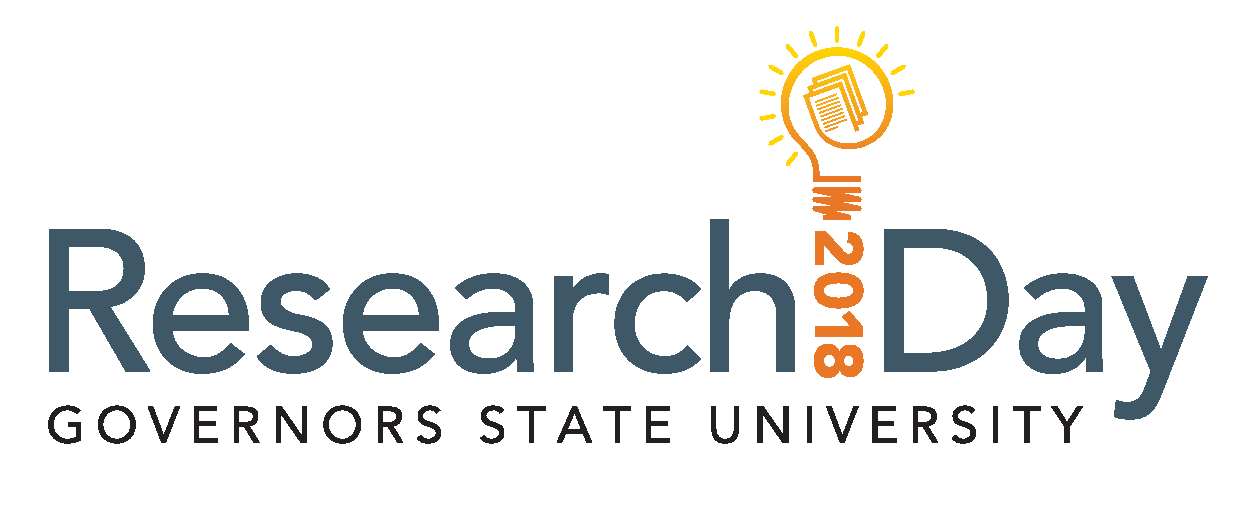
Research Day 2018 Schedule
Finding Fake Facts
Type of Presentation
Paper
Location
CANCELLED by author
Start Date
4-6-2018 11:20 AM
End Date
4-6-2018 11:50 AM
Abstract
PLEASE NOTE: This program is cancelled.
The internet is filled with an abundance of dishonest, unreliable, and deceptive websites and internet sources. Some of these sources are easily identified as untrustworthy by traditional credibility tests for web page evaluation which consider the accuracy, authority, objectivity, currency and coverage of websites. A growing number of sources, however, appear to pass these inspections despite their dishonest and unreliable content. Unscrupulous authors can now easily build websites to deceive readers into believing false and inaccurate information. To protect people from false information, new methods for testing the credibility of internet sources must be used to supplement traditional methods. Supplemental methods of testing a website’s credibility include fact checking and lateral reading. This presentation will examine traditional methods of testing a website’s credibility, explain how these traditional methods are still necessary foundations for determining a website’s credibility, and describe supplemental methods people must begin to use to distinguish between trustworthy and untrustworthy internet sources.
Faculty / Staff Sponsor
Professor Michael Gordon is my Faculty Sponsor
Finding Fake Facts
CANCELLED by author
PLEASE NOTE: This program is cancelled.
The internet is filled with an abundance of dishonest, unreliable, and deceptive websites and internet sources. Some of these sources are easily identified as untrustworthy by traditional credibility tests for web page evaluation which consider the accuracy, authority, objectivity, currency and coverage of websites. A growing number of sources, however, appear to pass these inspections despite their dishonest and unreliable content. Unscrupulous authors can now easily build websites to deceive readers into believing false and inaccurate information. To protect people from false information, new methods for testing the credibility of internet sources must be used to supplement traditional methods. Supplemental methods of testing a website’s credibility include fact checking and lateral reading. This presentation will examine traditional methods of testing a website’s credibility, explain how these traditional methods are still necessary foundations for determining a website’s credibility, and describe supplemental methods people must begin to use to distinguish between trustworthy and untrustworthy internet sources.
